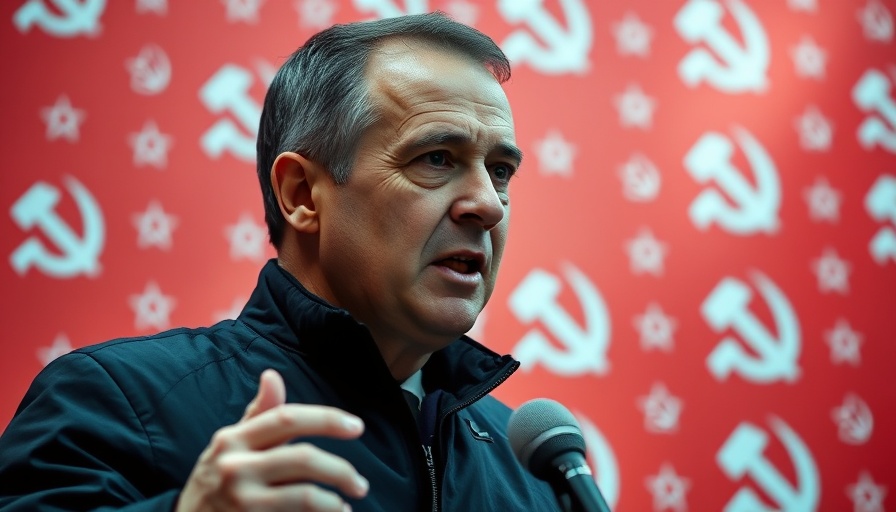
DA’s Vote Signals Weakness in Coalition Governance
The recent vote on the national budget in Parliament has sparked significant debate regarding the position of the Democratic Alliance (DA) within the Government of National Unity (GNU). Dr. Alex Mashilo, spokesperson for the South African Communist Party (SACP), has articulated concerns that the DA's refusal to support the fiscal policy framework exemplifies its lack of influence in the coalition.
Opposition Parties in the GNU: A Fragile Coalition
The landscape of South African politics presents a complex scenario, particularly as opposition parties like the DA, along with the Economic Freedom Fighters (EFF), navigate their roles within the GNU. The dynamics have been characterized by ongoing tensions, especially surrounding critical issues such as economic policy and public sector reform. The DA's dismissal of the proposed fiscal framework, particularly amidst the need for robust anti-corruption measures, raises questions about its commitment to effective governance within the GNU.
Implications of the Budget Vote on Future Elections
The broader implications of the DA’s budget vote will likely resonate through the political arena as South Africa approaches the 2024 general elections and subsequent municipal elections in 2026. This pivotal moment may catalyze a political realignment, reshaping party strategies as they grapple with voter turnout and public sentiment. Mashilo's assertion that the DA should leave the GNU underscores a growing frustration among some parties regarding their coalition dynamics, positioning them to either fortify their bases or risk further alienating their constituents.
Understanding the SACP's Position on Economic Policies
Echoing the party’s long-standing ideological roots, the SACP's strong opposition to the proposed VAT increase encapsulates its broader critique of economic policies that disproportionately affect the working class and marginalized communities. These criticisms are significant, particularly as they relate to the ongoing discourse on land reform, social grants, and measures aimed at tackling income inequality. The efficacy of current policies, such as the National Health Insurance (NHI) and education reform, hinges on a commitment to equitable service delivery and accountability in governance.
Coalition Government Challenges: A Pathway Forward
The tensions within the GNU highlight the challenges posed by coalition governance, particularly when addressing pressing issues such as crime prevention and public sector strikes. The DA's duality of rejecting the fiscal framework while still partaking in its execution creates a narrative of hypocrisy, leading to tough questions about loyalty and the party's vision for South Africa. As we move forward, it is imperative for all parties to reassess their strategies and the implications of their decisions on the future of governance in South Africa.
Lessons on Accountability in Political Partnerships
As the political landscape evolves, lessons on accountability must be emphasized. Each party within the GNU has a responsibility not only to advocate for its constituents but also to uphold transparency and integrity in governance. With increasing public scrutiny and demands for genuine reform, the challenge facing the DA and its coalition partners is finding balance—moderating their political aspirations while addressing the very real needs of the electorate amidst an environment rife with expectations and criticisms.
The message from Mashilo is clear: if opposition parties within the GNU wish to thrive and influence policy meaningfully, they must present coherent alternatives without duplicity. The future of coalition governance in South Africa rests on the ability of these parties to operate with integrity, rethink their engagement strategies, and ultimately prioritize the welfare of the citizens they represent.
 Add Row
Add Row  Add
Add 




Write A Comment